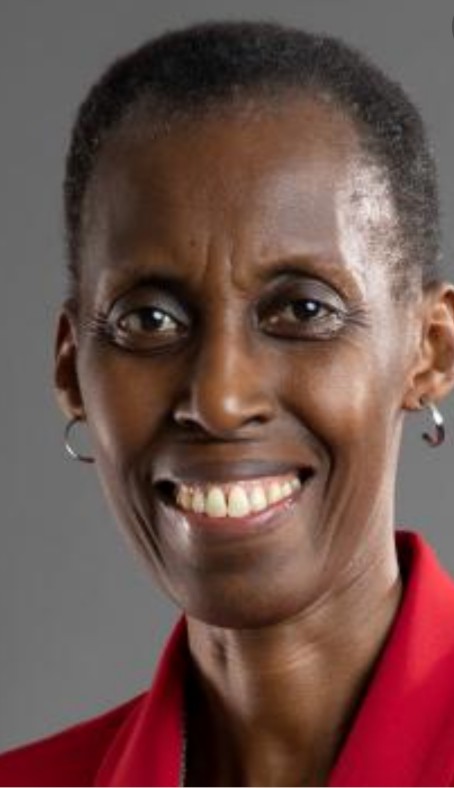|
Getting your Trinity Audio player ready...
|
By Joyce Mukucha
The African Women in Media (AWiM) has taken time to reflect on the impacts of the global Covid-19 pandemic on the media industry as well as fostering possible solutions aimed at keeping journalism education accessible for both males and females.
In a newsletter, the guest editor who is a professor of Communication and the Dean at the Faculty of Journalism, Media and Communication at Uganda Christain University who was spotlighted by AWiM, Prof. Monica Balya Chibita said, “Our focus this week is keeping journalism education accessible for both males and females in spite of the gendered nature of the negative effects of the COVID-19 pandemic.”
The guest editor highlighted that the media industry was among the hardest hit by the COVID-19 crisis, particularly academia.
“The pandemic has shaken the foundations of journalism education as we know it. As media houses have steadily lost vital sources of income due to strained economies, it has been difficult to maintain industry-academia partnerships that previously made practical training possible.
“The hiring of new graduates (or any graduates at all) has slowed down or stopped in many sub-Saharan countries. Within Universities, the requirements of social distancing have made practical training sessions difficult or impossible. Journalism training institutions have had to cancel internships or customize them to less than ideal versions,” said Prof Chibita.
She further indicated that media organisations have registered a number of infections, but journalists were not on the list of first priority for vaccination in many countries and the burden of care in countries that have experienced higher infection and severe illness rates, in the meantime, continues to rest on women.
Aside from the short-term strain of all this on journalism practice and education in the present, Prof Chibita said Covid-19 threatens to trigger a re-thinking of curricula in the future.
“Many Journalism schools may need to re-examine their dependence on vintage heavy and immovable equipment and studios and consider investing more in light, more portable devices, and more web-based studio solutions to increase access for students.
“The content of the curriculum will also need to be adapted to current (and foreseeable future) conditions to allow for more versatility.”
This, she said, will probably raise new gendered access issues that ought to be debated.
AWiM also encouraged the spirit of resilience and trust in the African media industry explaining that truth, trust, and journalism are intertwined concepts in the media industry today.






